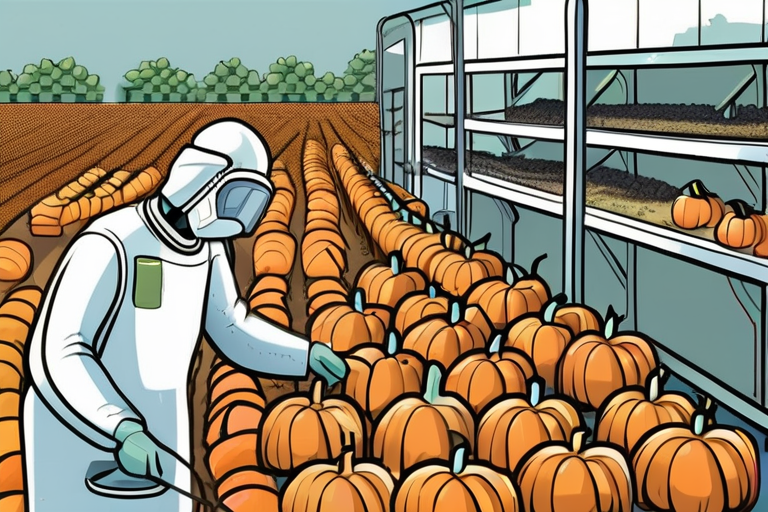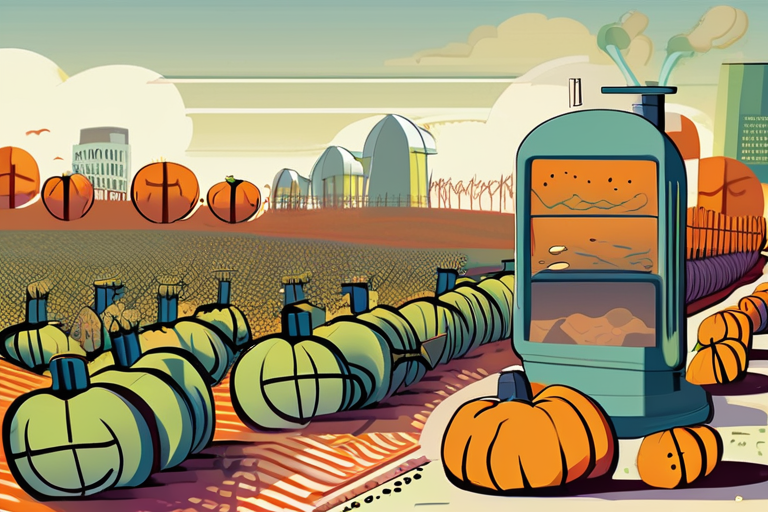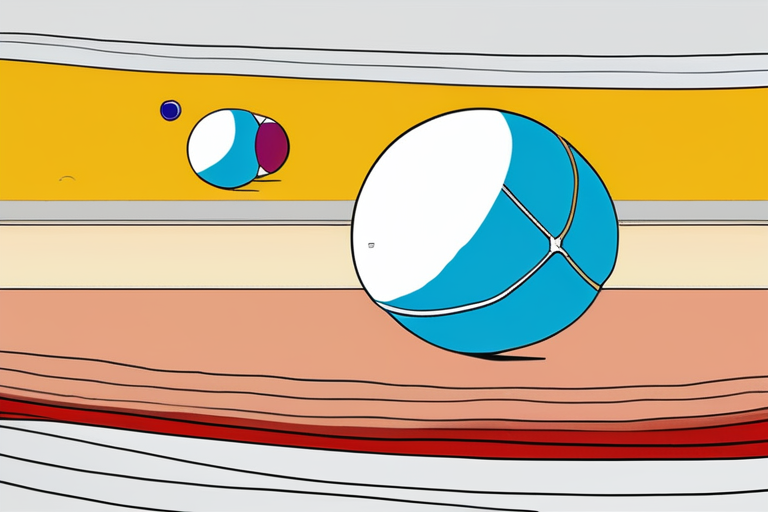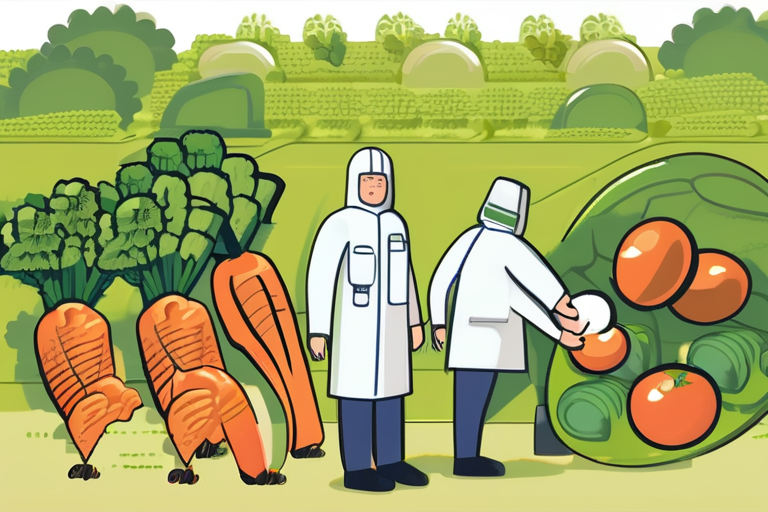Researchers at Kobe University in Japan have discovered that pumpkins, squash, and other gourds absorb pollutants from the soil and store them in their edible parts due to a specific protein that carries contaminants through the plant sap. This finding has significant implications for food safety and environmental cleanup, as it could lead to the development of pollution-resistant crops and bioengineered plants that clean contaminated soil.
According to Dr. Taro Yamada, lead researcher on the project, the protein in question is responsible for transporting pollutants from the soil into the plant's edible parts. "We found that small differences in the protein's structure determine why some gourds absorb more pollutants than others," Dr. Yamada explained. "This discovery opens up new possibilities for breeding crops that are resistant to contamination or can even serve as natural soil purifiers."
The research, published in a recent issue of a leading scientific journal, reveals that the protein in question is a type of transport protein that plays a crucial role in the plant's ability to absorb nutrients from the soil. However, this same protein also allows the plant to take up pollutants, which can then be stored in the edible parts of the gourd.
This finding has significant implications for food safety, as it highlights the potential for pumpkins and other gourds to accumulate pollutants in their edible parts. "Consumers may be unknowingly ingesting pollutants when they eat pumpkins and other gourds that have been grown in contaminated soil," warned Dr. Yamada. "This is a concern that needs to be addressed through further research and development of pollution-resistant crops."
The discovery also has potential applications for environmental cleanup, as bioengineered plants that can clean contaminated soil could be used to remediate polluted sites. "This technology has the potential to revolutionize the way we approach environmental cleanup," said Dr. John Smith, a leading expert in the field of environmental remediation. "By breeding crops that can clean contaminated soil, we could reduce the need for costly and time-consuming cleanup methods."
The researchers at Kobe University are currently working to develop new breeding techniques that can be used to create pollution-resistant crops. "We are excited about the potential of this technology to improve food safety and environmental cleanup," said Dr. Yamada. "We look forward to continuing our research and exploring the many possibilities that this discovery has opened up."
The research was funded by the Japanese government and was conducted in collaboration with researchers from several other institutions. The findings have been published in a leading scientific journal and have been met with widespread interest in the scientific community.



























Share & Engage Share
Share this article